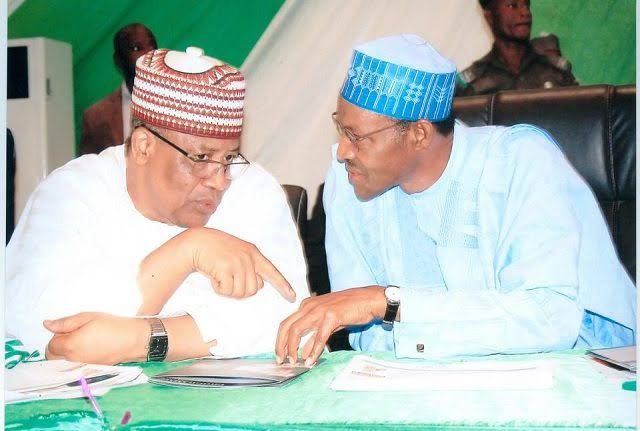The former military head of state, Ibrahim Badamasi Babangida (IBB), has revealed that he led the coup that removed Muhammadu Buhari from power because he believed the regime’s policies were harmful to Nigeria’s progress.
Babangida made this disclosure in his autobiography, A Journey in Service, which was unveiled in Abuja on Thursday.
Initially serving as Chief of Army Staff under Buhari—who had taken over from Shehu Shagari’s civilian government in a December 31, 1983 coup—Babangida grew increasingly discontent with Buhari’s leadership.
He described the administration’s policies as harsh and counterproductive.
Reflecting on the events leading up to the August 27, 1985 coup, Babangida recalled travelling from Minna to Lagos to assume leadership.
He noted that tensions had been escalating since the start of the year, making a change in government inevitable.
“In 1985, Nigerians were anxious about the country’s future, and the situation had become increasingly unstable,” he wrote.
“Our initial intervention in 1983 had gone off course, and the unity within the armed forces was beginning to crumble. If this continued, it could have led to national disaster.”
Babangida further explained that divisions within the military had replaced the shared vision that once guided them, and the risk of factionalism posed a significant threat to national stability.
According to him, the coup was necessary to prevent further disunity within the armed forces and, by extension, safeguard the country’s future.
